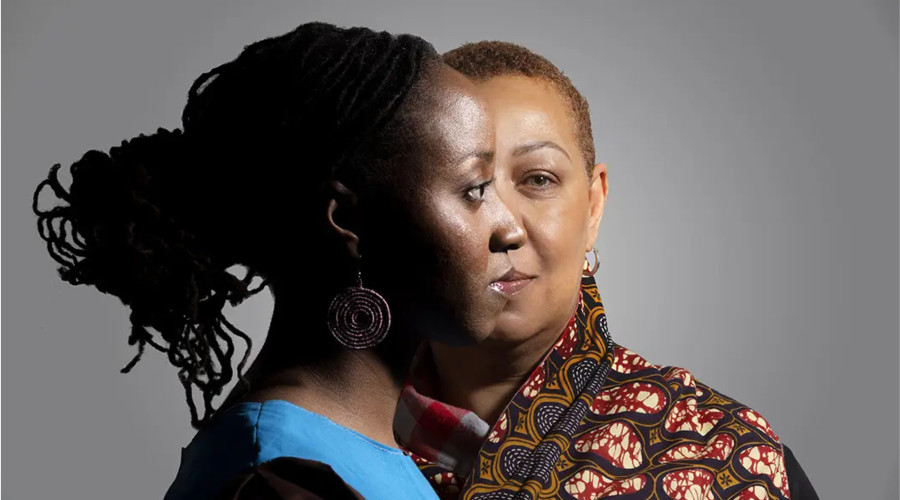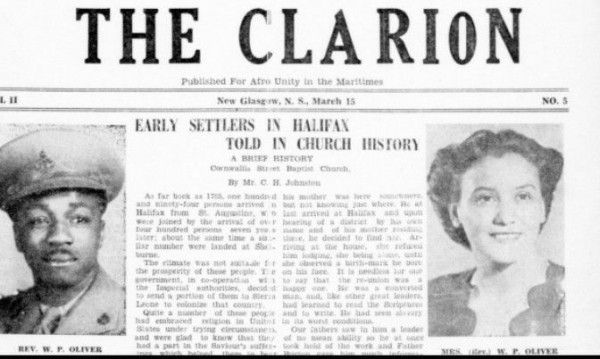Even Canada’s traditional television sector is holding strong, remaining the fourth largest market globally by subscription revenues.
Canada’s generous tax breaks for entertainment companies have allowed the industry to bounce back after lockdowns, completing long-delayed projects, while adding new ones to fill growing public demand. For those in big cities like Toronto and Vancouver, we can see the impact on the streets with equipment trucks; areas blocked off for recording, and small ‘Easter eggs’ in blockbuster movies and TV shows giving audiences clues that a movie set in New York was filmed in Toronto, for example.
The Black community in Canada has always had an outsized impact on the media space, from trailblazers like Oscar Peterson to global megastars like Drake and The Weeknd. Yet the talent running through our community does not mean Black creators are reaping the rewards. Taking advantage of these opportunities in entertainment is not just about talent; it is about business.
Formed in 2018, OYA media group was founded by Ngardy Conteh George and Alison Duke, two long-time entertainment industry professionals. The pair’s most current production, Black Community Mixtapes, now streaming on CTV, is a five-part series exploring contemporary Black Canadian history and a winner of three Canada Screen Awards.
“We formed Oya Media Group while producing our first OYA production, Mr. Jane and Finch. And that's when our Emerging Filmmakers program was born,” said Ngardy in a Zoom interview with ByBlacks.
This three-year mentorship program supports post-secondary-graduate Black youth from the GTA entering the film, television, and digital media industry through networking and essential skills. In 2022, the program boasted a 100% employment rate in the industry. Since then, the overall employment rate for alums has fallen to 75%. But it’s still a remarkable success, one that has earned Ngardy and Alison the nickname ‘Chief Aunties’.
The program was part of a provincial plan to increase employment opportunities among Black youth, but after the three-year funding ended, the two women started the OYA Black Arts Coalition (OBAC).
OBAC is a charity organization that works with Black creators and entrepreneurs looking to succeed in the entertainment industry.
“We also saw a need to help not just emerging filmmakers but other Black creators in our industry. And so that's why the nonprofit is there to help and service more than just emerging Black creators, but also Black youth in digital production,” Alison mentioned.
One of the most interesting things about OBAC is how grounded the group is in their work. Many nonprofit leaders are not part of the industries they choose to help, primarily serving as career nonprofit managers. Ngardy and Alison’s experience in the entertainment industry is felt in the careful and innovative designs of their programming and its success. Over 125 alumni have come out of the emerging filmmakers program, many of whom have won awards at TIFF and the Canadian Screen Awards.
These accomplishments are part of why the province decided to get back on board to fund what was meant to be a three-year program. The federal government also took notice.
After their initial success, OBAC launched the Scale Up program with funding from the federal government. The Scale Up program is a business accelerator for Black-owned media production companies, providing training and mentorship and a leg into the industry via unions and other production companies in Toronto.
“A typical Black youth does not come from the film industry and has no connection to the film industry, so how do they get into it? One of the easiest ways is to have a letter from an existing member. It's the same circle of people, same networks. Nepotism.”
{https://www.instagram.com/p/DAJoFp-SfWc/?img_index=1}
If success in the entertainment industry were all about talent, then Black youth in Canada would be just as successful as other groups (maybe more). But talent can only take you so far. According to the “Chief Aunties,” success in the industry is 20% creativity and 80% business acumen.
“We created this program to teach them all those business skills so they could scale up their projects,” says Alison.
They’ve already had some great success stories of people who received training, including Debbie Deer, a year one alum who was able to then support other Black creatives with the Single Thread Theatre, a development and research group specializing in an augmented, virtual and mixed reality. Another success includes director Tristan Barrocks, an award-winning documentarian.
With over half a million dollars in funding, OYA Black Arts Coalition helps new Black production companies create contracts with broadcasters and streaming services. Ngardy and Alison say that without the resources to build out their infrastructure, many Black creators end up giving over their intellectual property rights and, with it, much of the profit from their creation.
“Because we work in the industry, we're able to pinpoint what people need to learn to succeed. That's why our programs do so well for people because we're not administrators coming up with ideas. We're filmmakers.”

 By
By 





